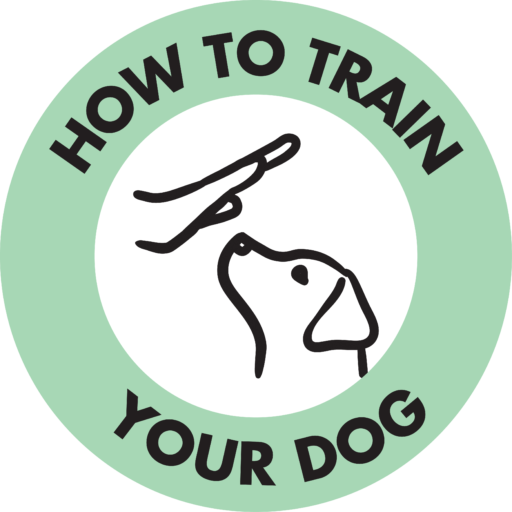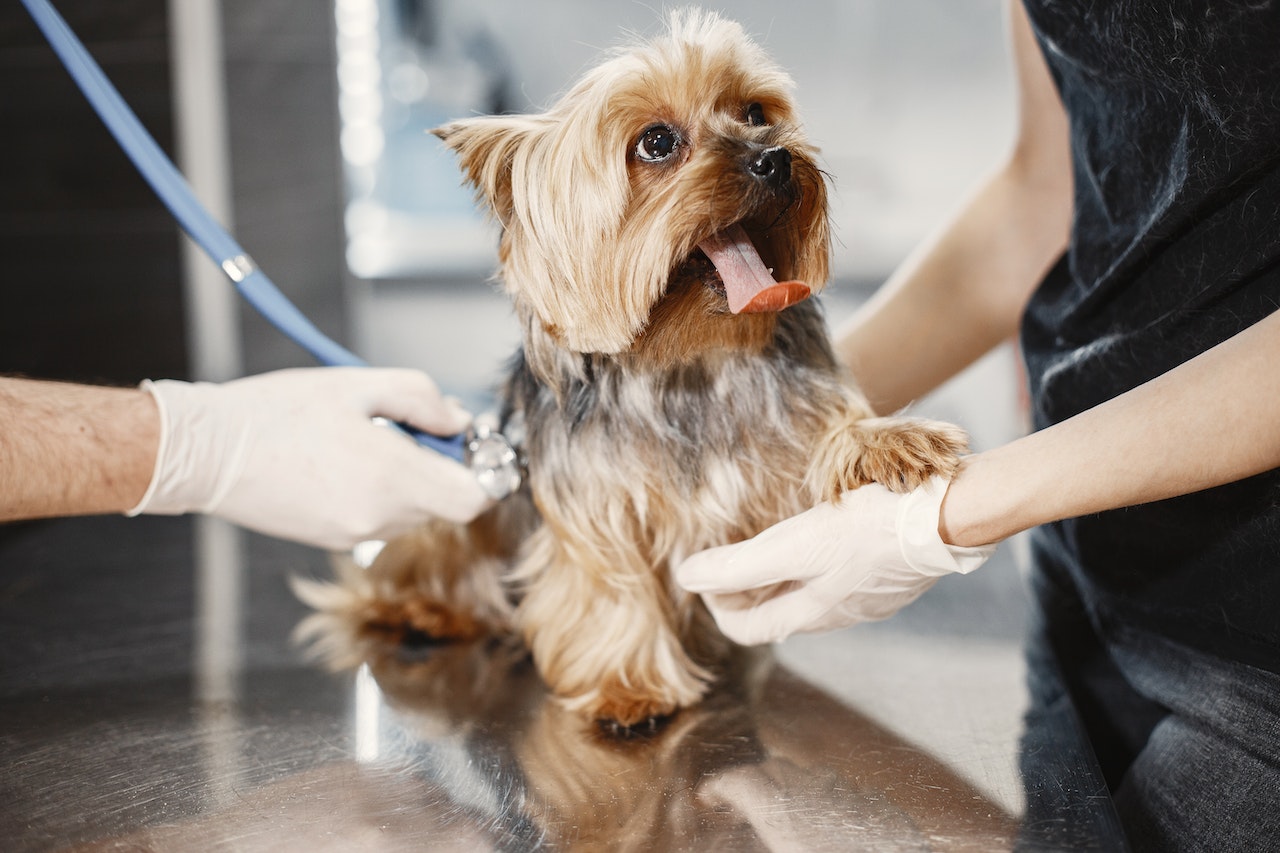You want the best for your pupper.
To find the best vet for your dog can be almost as stressful as finding a good doctor. You want an experienced animal lover that won’t break the bank. Yet, this can prove difficult in more than a few ways. Or rather, finding a good vet is harder than you might initially think.
So, if you’re moving house, just got a dog, or are simply unsatisfied with your current vet, this article will help you figure it all out. We’ll look at some tips to help you in finding a vet for your precious pooch. What should you know?
Why Is It So Hard to Find a Good Vet?
Being a vet should be a calling, like being a doctor or nurse. It involves caring for vulnerable creatures, and any good vet should love animals and be very empathetic (After all, most of us consider our furry friends part of our family!). However, just like in many other professions, some people become vets just for the money.
Other vets may push expensive medications that your pet may not necessarily need, or may not make decisions in your pet’s best interests. Most commonly of all, however, vets are fully booked (You can partially thank COVID for this unfortunate fact). They have plenty of four-legged customers and can’t take on any more, meaning that you need to look elsewhere.
Inevitably, this can prove frustrating when all you need is some medical attention and help for your furry friend. Not only that, it can be stressful for you and your pet!
What Should I Look for When Looking For a Vet Near Me?
Our dogs rely on us for love and care, and it’s our responsibility to take care of them. You might be wondering, “How can I find a vet near me? What should I look for?” So, without further delay, here’s what you should look for when you visit a prospective vet:
- Current qualifications. Make sure your vet’s training is up to date, and that it stays updated.
- Clean and orderly facilities. The vet’s facilities should be clean, orderly, smell pleasant, and well-stocked.
- Friendly and informative. A good vet will never make you feel troublesome for asking questions. They should be well-informed on your pet’s health and be able to answer any question you might ask.
- Empathetic and good with animals. Obviously, you shouldn’t trust a vet who doesn’t like animals or doesn’t have a knack for animals.
- Helpful and efficient. Last but certainly not least, your vet should be helpful and efficient, in control of the situation, and effective when it comes to treating your pet.
10 Tips On How To Find A Good Vet
There are lots of ways to find a good vet. But if you’re new to all of this, here are the top 10 ways to find a good vet:
- Ask friends and family for recommendations.
- Look online for local, convenient vets.
- Narrow your search by your pet type or by a particular condition they have.
- Ask individual vets about what they offer.
- Sort by price (but remember that cheaper isn’t necessarily better!).
- Pick a vet that you know personally and feel comfortable with (if you don’t know a vet personally, visit a vet and build up a rapport).
- Compare different vets by price, service, and quality.
- Ask local pet experts (dog groomers, pet sitters, etc) for their recommendations.
- Search by reviews (find the best-reviewed vet online).
- Choose a vet who loves animals and it shows!
When it comes to finding a vet, go with your gut—and your pet’s! Most dogs don’t like going to the vet, but be alert. Is your dog uncomfortable around the vet? How do they react? If your dog and other pets look afraid, or the staff is rough with the animals, maybe keep looking.
Furthermore, watch your vet when they carry out the routine examination on your pet. It should be done thoroughly, and the vet should be firm—but not harsh with your dog.
What Questions Should I Ask My Vet?
Finding a vet is only really the beginning. Now you need to decide whether they’re suitable for you and your pet. Feel free to ask questions, and listen carefully to any advice the vet gives you.
Inquiries you may want to make include:
- Asking about your pet’s health (maybe asking for advice, such as what food is best)
- Ask your vet about their experience, qualifications, or even any pets they own themselves.
- Ask your vet for recommendations. Yes, you heard me—ask your vet where they take their pets. This might actually be quite telling!
Once you build up a rapport with your vet, you’ll feel more comfortable asking other questions. If you have the option, choose a vet closer to your location. Some dogs get stressed during car rides, so the closer the better!
If your dog hates the vet, ask if you can bring him or her in more frequently. The aim of these visits is just to get your dog used to the sights, smells, and sounds of a vet’s reception room. That way, it won’t be such a big deal each and every time.
Find a Vet That Works For You & Your Furry Friend!
Remember, it helps when you both like the vet. At the same time, some nervous dogs will just keep on being nervous each time you go to the vet (different personalities always play a part!). However, the best vets will help your dog feel at ease (and maybe even help them look forward to the vet! Treats, anyone?).
Read this next: Wondering About Pet Insurance? 5 Helpful Facts You Need to Know





